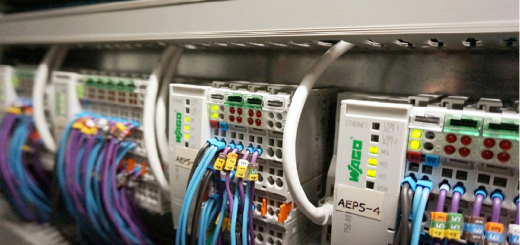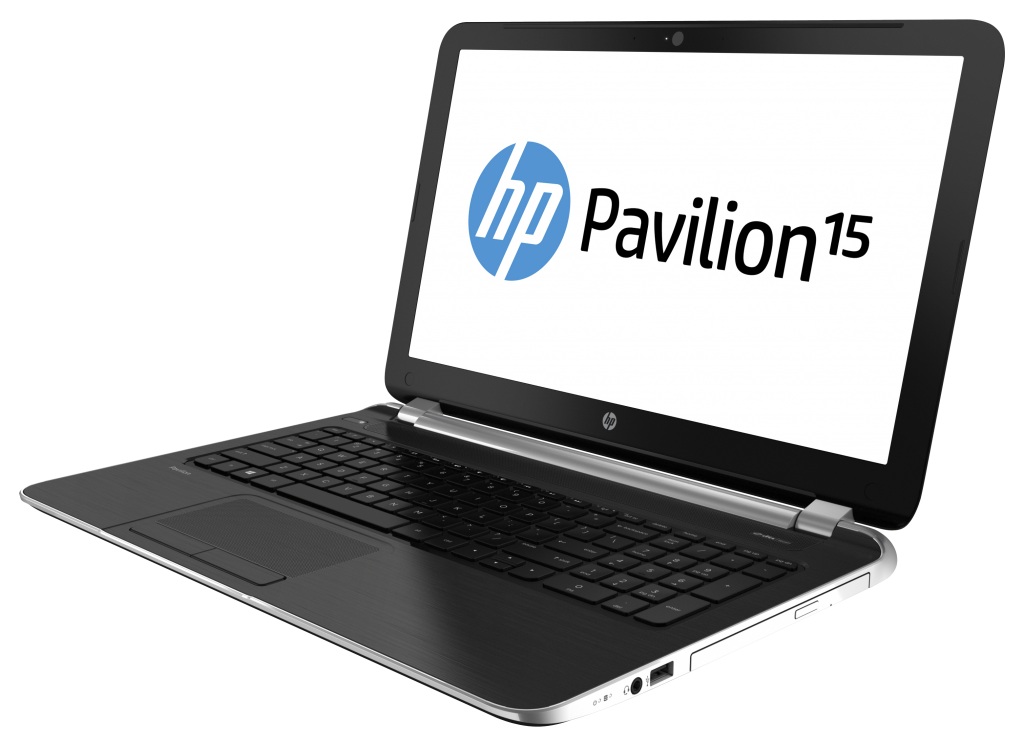Different Formats of CRM Software and Why They Matter
 CRM software, or customer relationship management software, allows business owners to track the different contacts they have with people who come into contact with their brand or business. That could be customers, business partners, vendors, employees, and more! There are many different CRM formats available, each with its strengths and weaknesses; as such, you should consider your needs before determining which design best suits your specific business needs. Here’s an overview of some of the most popular CRM formats and what makes them so effective!
CRM software, or customer relationship management software, allows business owners to track the different contacts they have with people who come into contact with their brand or business. That could be customers, business partners, vendors, employees, and more! There are many different CRM formats available, each with its strengths and weaknesses; as such, you should consider your needs before determining which design best suits your specific business needs. Here’s an overview of some of the most popular CRM formats and what makes them so effective!
1. Web-Based CRM Software
The cloud-based model is one of the most popular types of CRM software. That is because it’s easily accessible from anywhere with an internet connection, which is ideal for companies with remote employees or multiple locations. The subscription-based pricing model can also appeal to small businesses that don’t want to make a significant upfront investment. Web-based CRM makes perfect sense for anyone who needs mobile data at all times. It offers more flexibility than any other type of CRM software today.
For example, a web-based CRM for Electrical Contractors will give them access to their customer database and schedule anytime they log in. A contractor could log in after dinner, send emails about upcoming projects, and update contact information before going to bed – without ever leaving their home office. If you have ever spent time logging into your work computer remotely, you know how difficult it can be. Not only do you need to ensure your company’s network has proper firewall protection, but you may also need VPN or SSH access.
2. On-Premises CRM Software
On-premises CRM software is the oldest type of CRM system. It is the most expensive to purchase and maintain but has the most features. Businesses should consider on-premises solutions if they want complete control over data security, storage, accessibility, upgrades, etc. Some companies find this too expensive for their needs, so they might choose a cloud-based system that provides fewer features at a lower cost.
It’s an in-house application, meaning you’ll have more control over its maintenance and updates than any other system. To use it, you need access to servers or even your hardware. For example, Microsoft Dynamics CRM is an on-premises solution for larger organizations with complex needs.
3. Mobile CRM Software
Mobile phones have become ubiquitous in our society, with over two-thirds of the population owning one. But with this proliferation, users are becoming less attached to their desktop computers for tasks like browsing the web or checking email. As a result, more people are also accessing these devices for work purposes. It’s no surprise that mobile CRM software is a hot topic among marketers and sales professionals who want to provide access to their customer databases from anywhere at any time. The goal is to make data entry more manageable by being able to do it on a device that’s always on hand.
Mobile CRM software capabilities vary greatly depending on which platform you use. For example, Some iOS and Android apps allow you to run your entire business through your phone. Other platforms offer custom apps developed specifically for iPhone or Android devices with some features such as; tasks management, text messaging, voice recording/calling, and GPS integration.
4. Free or Open Source CRM
Free or open-source CRM software is an excellent option if you are a small business or just starting. These CRMs usually have most of the paid versions’ features but with a few limitations. One thing to remember with free CRMs is that they may not offer support as the paid versions. Support for these platforms is by forums or other user-driven sources.
If you have more than five employees, paid CRM software is worth considering because it has some benefits that might be important to your company. For example, paid solutions often offer data backup for your records, so you don’t lose everything if something happens to your system.
Conclusion
Each of these types of CRM software has its advantages and disadvantages that you should consider when deciding which type of CRM software is right for your business. On-premise software is a good choice for companies with the resources to maintain their servers and data centers. Cloud-based software is a good choice for businesses that want to avoid the hassle and expense of maintaining their infrastructure. It’s, therefore, crucial to involve an expert in building CRM solutions to help you identify a solution that meets your needs.





















